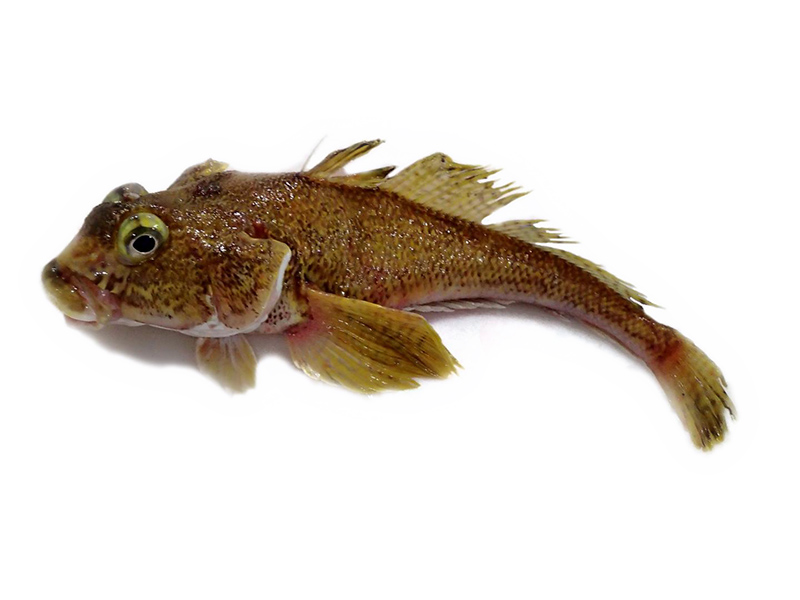
Life in Antarctica’s ice mirrors human disease
June 10, 2019
Gobionotothen gibberifrons, a common Antarctic notothenioid fish. Photo: A. Dornburg. The cooling of the Southern Ocean surrounding Antarctica, which began approximately 35 million years ago and gave rise to its present icy state, has for decades been considered a classic example of climate change triggering rapid adaptation. Using tens of thousands of genes mapped from… Read More >
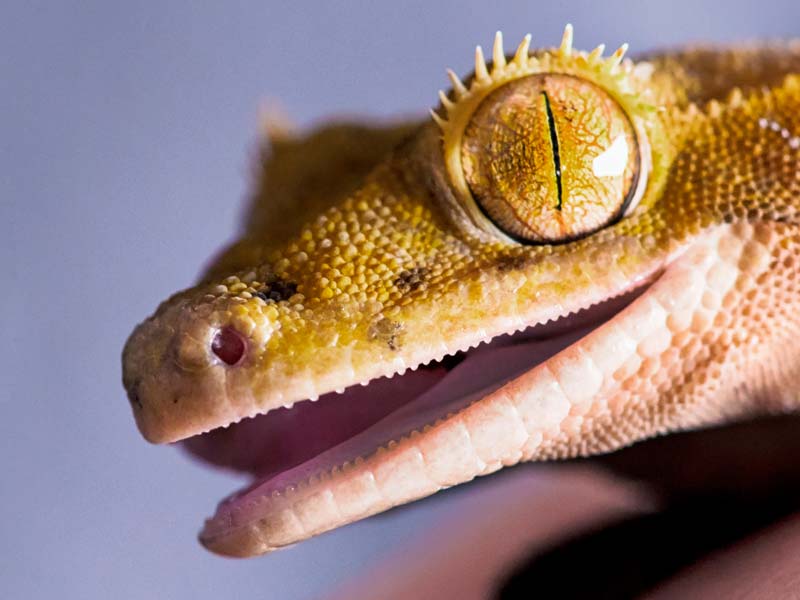
Creature Feature: Animals at NCMNS
June 2, 2019
“Enough live animals to be considered a mid-size zoo.” That’s been a catchphrase and strong selling point of the Museum since it expanded in 2000. These “Living Collections” include animals that form the living aspect of exhibits (e.g. the state-record snapping turtle in the Mountains-to-Sea exhibit), as well as ambassador animals that can be seen… Read More >
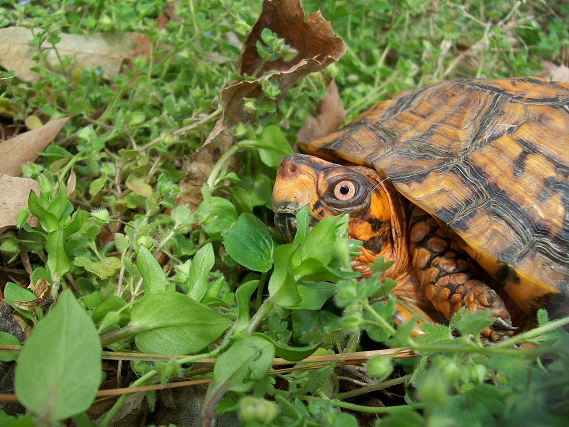
World Turtle Day: The Eastern Box Turtle
May 23, 2019
By Jess Wackes, PR & Marketing Coordinator It’s World Turtle Day, a conservation-focused holiday that prompts us to come out of our shells (not sorry) as turtle lovers. Here at NCMNS, we’re thrilled to have the chance to highlight a species found here in North Carolina — the Eastern box turtle! We’re in turtle awe!… Read More >
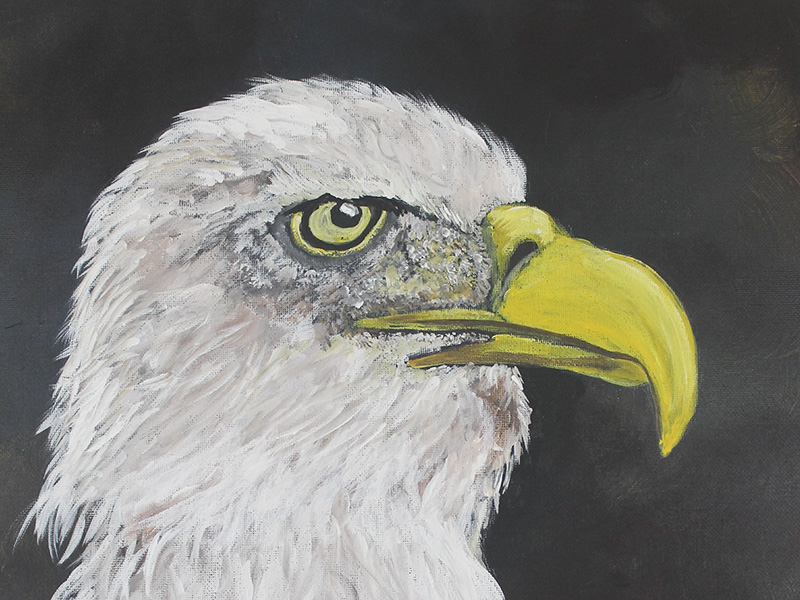
Morrisville artist Subha Raghu featured at Museum’s Nature Art Gallery in June and July
May 22, 2019
(RALEIGH, N.C.) — The North Carolina Museum of Natural Sciences’ Nature Art Gallery presents “Light on Life,” artwork by Subha Raghu. The show runs May 31 – July 28, with a Gallery reception Saturday, June 1, 2-4 p.m. All exhibited art is for sale. “Nature in all its abundance is the primary source of inspiration… Read More >
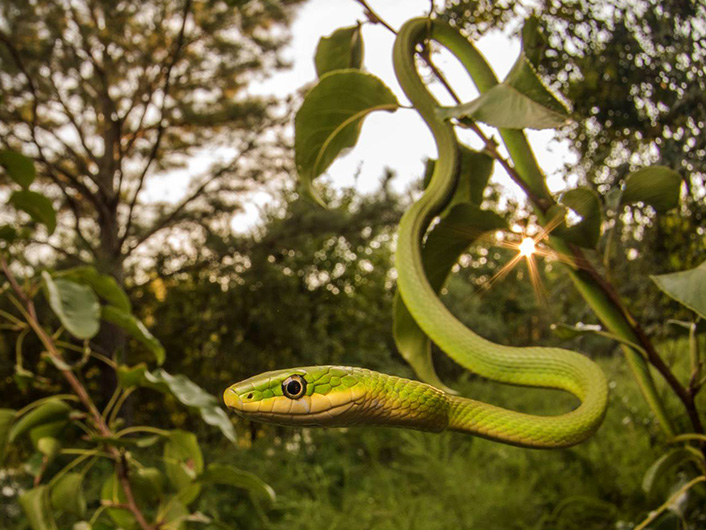
“Snake Eye” plus 30 winning wildlife photos on display at NC Museum of Natural Sciences
May 20, 2019
(RALEIGH, N.C.) — Many people don’t like snakes. A few are ambivalent. And very few, like Anton Sorokin, truly like them. Sorokin, an East Carolina University graduate school student studying biology, said his favorite subjects when wielding his camera are reptiles and amphibians. This year, Sorokin captured top prize in the 2018 Wildlife in North… Read More >

